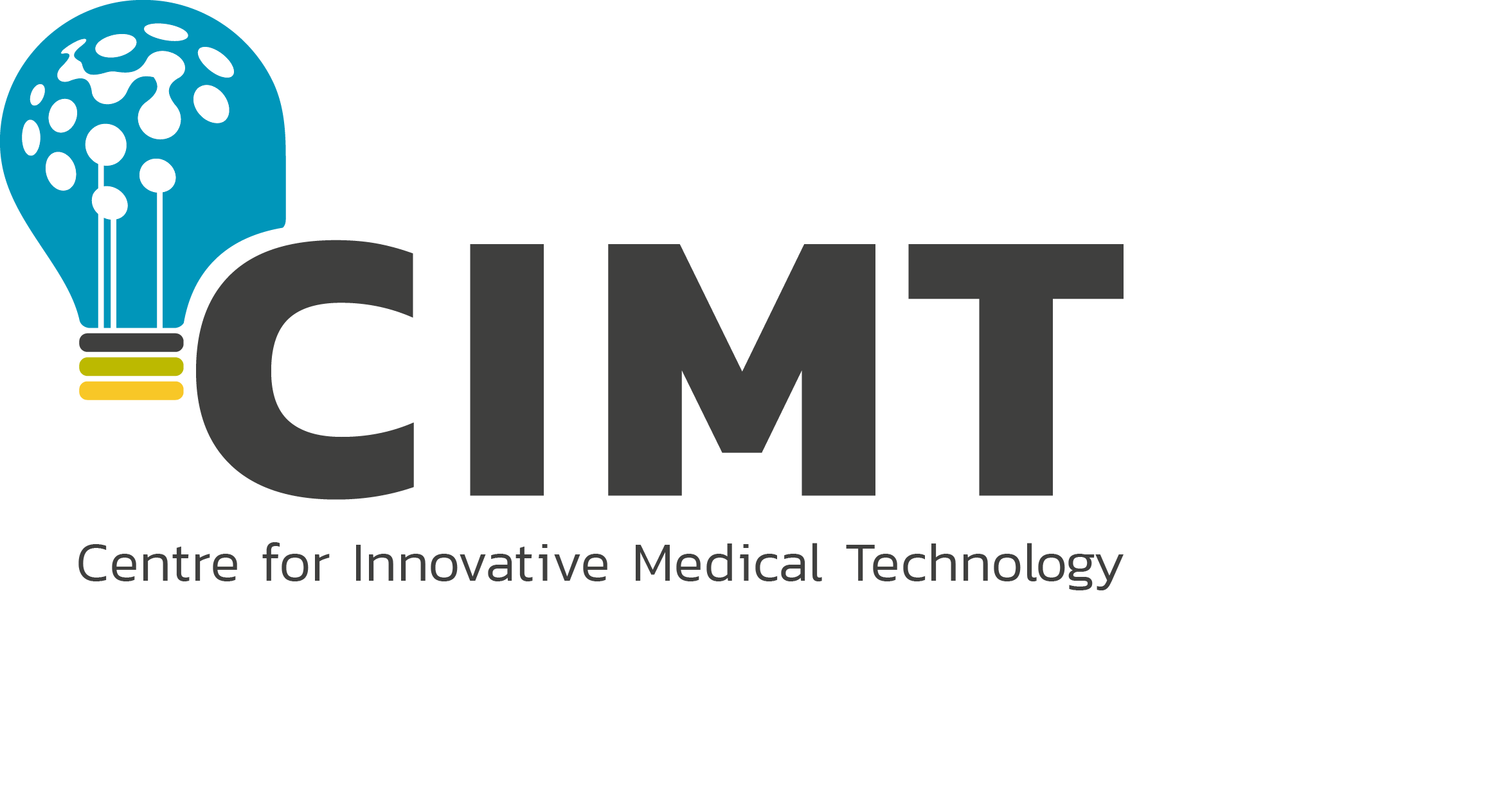App to support person-centered rehabilitation after a stroke
12,000 Danes are affected annually by stroke – a blood clot or bleeding in the brain. The disease is the 4th most common cause of death in Denmark, while many survivors experience varying degrees of disability. Rehabilitation is an important part of treatment so that stroke patients can regain or rehabilitate the lost functions.
PROJECT PERIOD
Start: 1 December 2020
End: 31 August 2023
Research shows that user involvement increases stroke patients’ sense of empowerment and autonomy. Both patients and their relatives experience that information and communication technology solutions (ICT), such as apps, have a positive effect in the form of a sense of security, better communication with health professionals and a greater level of activity for the patient after illness.
Stroke survivors, their relatives and therapists also demand more functionalities, which can be partially met by the well-known app solutions My Hospital and Genoptræn.dk. Through user involvement, the project will adapt, adjust and develop these apps so that they can support a person-centered rehabilitation after a stroke.
AIM
The title of the project was “Empowerment in Stroke rehabilitation and everyday life” and its purpose was to increase the stroke patient’s empowerment. This was done with a person-centered rehabilitation process that was transparent to the patient, which also should take better care of the relatives, who often need support after the upheaval that comes from a stroke in the family.
The project was divided into four phases:
- A study of stroke survivors’, relatives’ and therapists’ experiences of the rehabilitation process, including the involvement of ICT to support the rehabilitation process.
- A scoping review (mapping) of existing app solutions to support stroke rehabilitation (completed and published).
- Based on experience-based co-design, stroke survivors and their relatives work with therapists from all phases of rehabilitation in workshops with researchers and representatives from app solutions to develop and adapt My Hospital and Genoptræn.dk to meet the users’ identified needs (2021-2022).
- A process evaluation focusing on patients’ and relatives’ experiences of coherence and empowerment via the use of the app, as well as the therapists’ experiences with involving it to support rehabilitation (2022-2023).
RESULTS
The overall aim of the PhD project was to develop, test and evaluate two co-designed apps to support cross-sectoral, person-centred and empowering stroke rehabilitation. The Medical Research Council's flexible framework for developing and evaluating complex interventions guided the research processes in this project.
The 2 co-designed apps (My Hospital and Genoptræn.dk) were tested in 10 cases (10 patients and 7 relatives). The process evaluation focused particularly on user acceptability, including what, why, how and for whom, and in which contexts the apps supported the perceived needs of patients, relatives and therapists during the rehabilitation process.
The included patients and their relatives evaluated My Hospital and Genoptræn.dk as acceptable for supporting cross-sectoral, person-centred and empowering stroke rehabilitation.
The following facilitating mechanisms for the experience of empowerment were identified and addressed:
- access to free apps,
- easy access to relevant knowledge about stroke,
- overview of the rehabilitation process and plan,
- coherent cross-sectoral stroke rehabilitation,
- person-centred interventions supported by video recordings,
- support from the therapists to achieve positive habits in connection with self-training,
and reduced caregiver burden.
Furthermore, the results showed that the stroke survivors and their relatives were supported in experiencing progress when using these apps, which supported their motivation, commitment and participation in everyday life. More rigorous implementation of My Hospital and Genoptræn.dk, especially in acute rehabilitation, as well as the inclusion of apps to support cognitive rehabilitation and follow-up support after the end of rehabilitation, however, require further studies.
PARTNERS
The project was a PhD project by Mille Nabsen Marwaa. View Mille’s publications or view Mille’s profile on LinkedIn.
The project involved therapists from Odense University Hospital Odense and Svendborg, Sydvestjysk Sygehus Esbjerg and Grindsted, Faaborg-Midtfyn Municipality, Esbjerg Municipality, Hjerneskadeforeningen and the Health Innovation Centre of Southern Denmark.
EXTERNAL FUNDING
The project was funded by the University of Southern Denmark and UC Syd.


